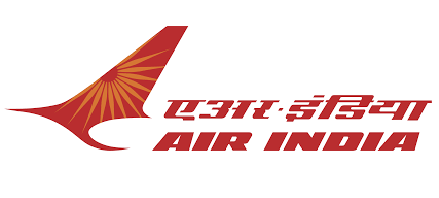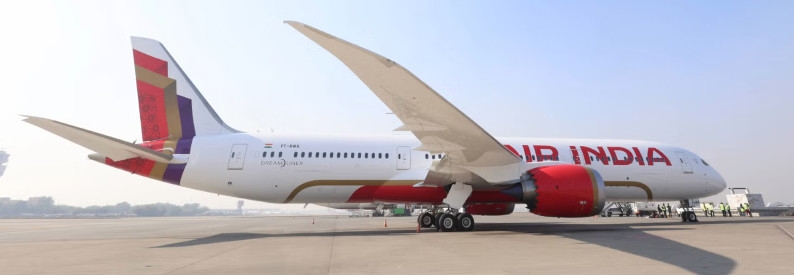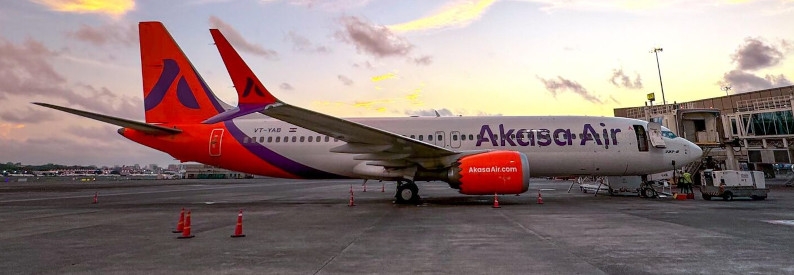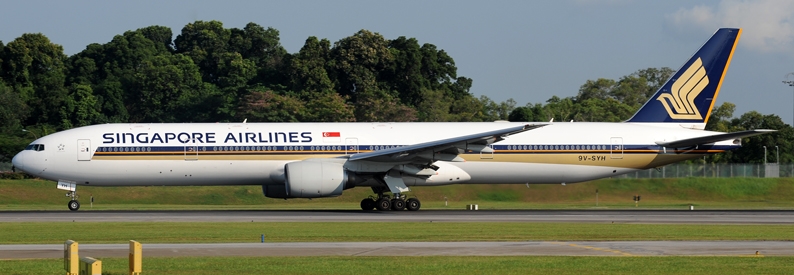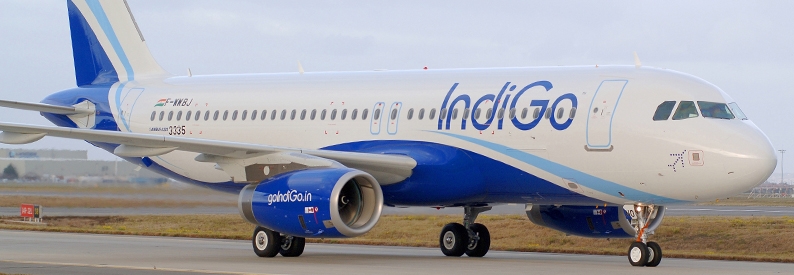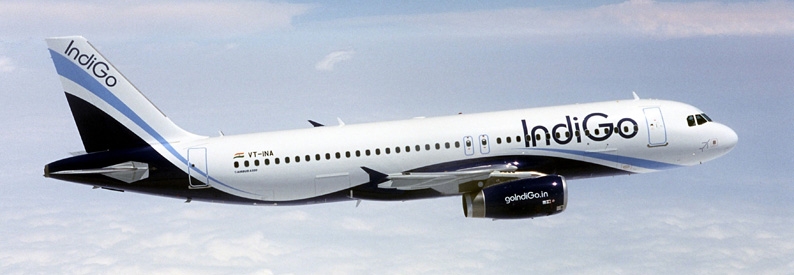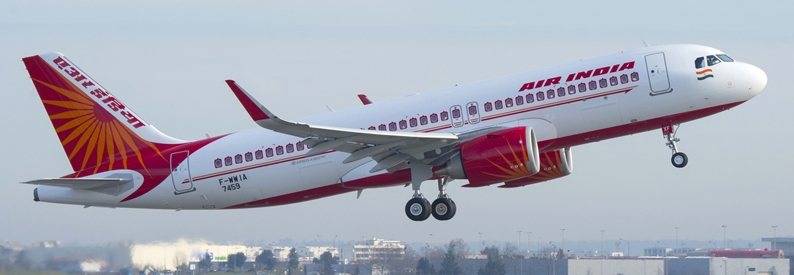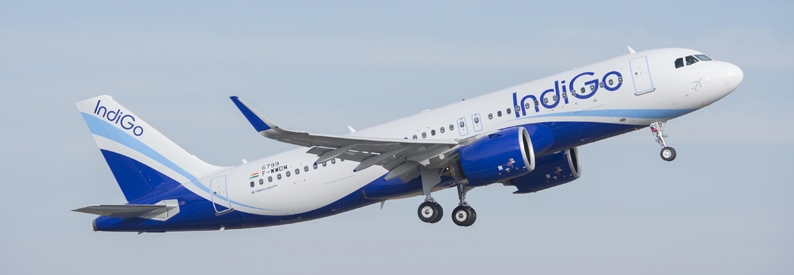The Indian government is preparing to sell off former subsidiaries of the now-privatised Air India (AI, Delhi International), in the process raising INR30 billion rupees (USD365.2 million dollars), according to India's LiveMint outlet.
When the government sold Air India and Air India Express to Tata Sons in early 2022, it retained four subsidiaries, namely AI Airport Services (AIASL), Alliance Air (India) (9I, Delhi International), Air India Engineering Services Ltd (AIESL), and Hotel Corp. of India Ltd, parking them in a special purpose vehicle called AI Asset Holdings Ltd.
AIESL is India's largest MRO provider. It handled 450 aircraft in the 12 months to March 31, 2022, and generated net profit of INR8.4 billion (USD102 million) in the same period. AIASL provides groundhandling services at over 100 airports across India and generated a net profit of INR154 million (USD1.9 million) in the same period. Of the four subsidiaries, AIESL and AIASL are the most profitable. The Indian government reportedly expects to reap between INR18 billion (USD219 million) and INR19 billion (USD231 million) for AIESL, and between INR7 billion (USD85 million) and INR8 billion (USD97 million) for AIASL.
“We expect the divestment process for AI Engineering Services Ltd and AI Airport Services Ltd to take place in 2023-24," a source involved in the divestment told LiveMint. “There are at least three to four suitors for AIESL, and another seven to eight potential bidders have already shown interest in the ground handling arm AIASL. The successful bidder for AIASL is also likely to get grandfather rights."
The government intends to wait until 2024 to begin the Alliance Air divestment, saying the consolidation and restructuring underway across the Indian airline industry means that there is a "lack of appetite" for airline acquisitions. Alliance Air is a regional carrier flying to 50 domestic destinations with a fleet of two ATR42-600s, eighteen ATR72-600s, and one (currently inactive) Do228-200.
Air India's owners, Tata Sons, are flagged as potential buyers of AIESL. While Air India has retained some access to AIESL facilities since the sale, CEO Campbell Wilson said recently that the exclusion of the MRO facilities from the sale meant a privatised Air India and Air India Express had to start building its own MRO capabilities from the ground up. "Negative surprises," he described it as. "On day one of privatisation, Air India’s engineering capabilities disappeared, and it was retained by the government."
In addition to retaining the four subsidiaries, the government also retained responsibility for around INR450 billion (USD5.5 billion) in accrued Air India debts. Retained assets, including the four subsidiaries, office buildings and other property, are estimated to be worth INR147.2 billion (USD1.8 billion), leaving a INR302.8 billion (USD3.7 billion) shortfall. Capital raised from the sale of AIESL, AIASL, Alliance Air, and the hotel group will go towards paying this down.
- Type
- Base
- Aircraft
- Destinations
- Routes
- Daily Flights
